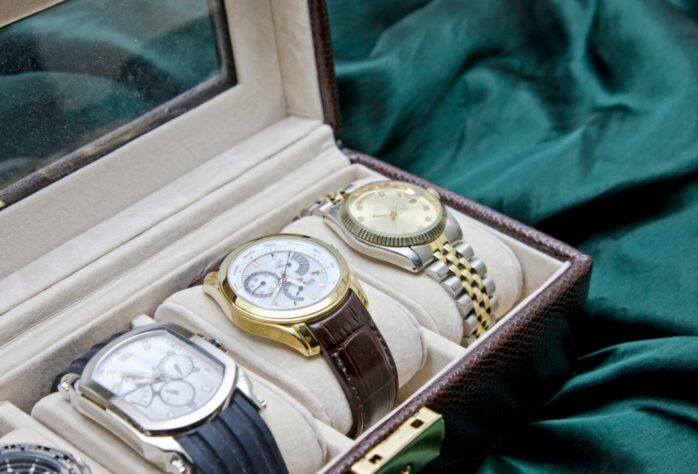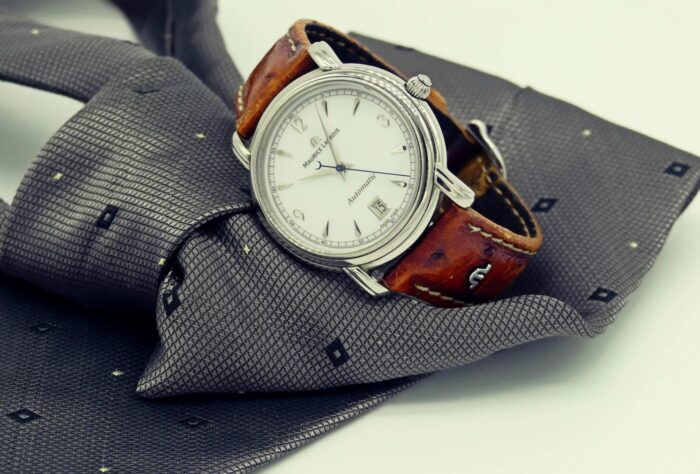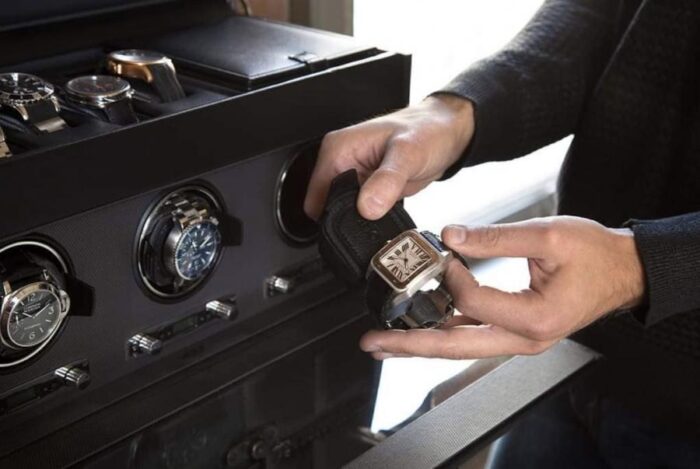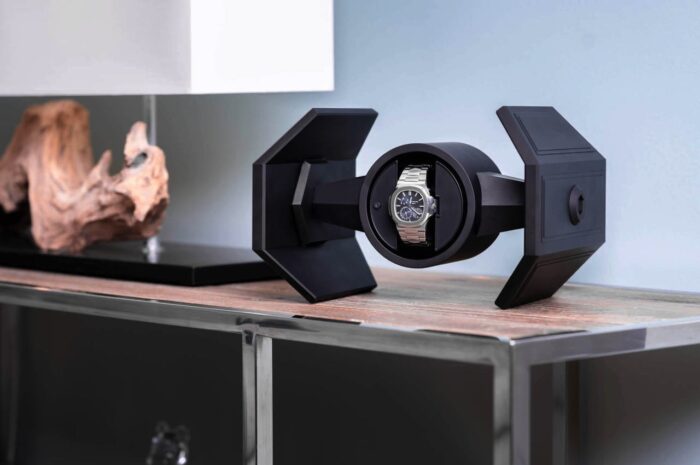
Are you considering investing in the luxurious convenience of a watch winder? Is the uncertainty of whether this device is worth the money holding you back? You’re not alone in wanting to know – let’s explore the pros and cons of watching winders to help you make an informed decision.
What is a Winder?
A watch winder is a small device that keeps your watch moving and wound even when it isn’t being worn. This can be especially helpful with automatics, as they must remain in motion to remain active – this means that you’ll need to manually wind them up every other day if left alone for too long. Watch winders use either a battery-powered motor or AC/DC adapter and an internal timer to create smooth, seamless oscillation, designed to mimic the motion of your wrist.
There are many styles of watch winders; some are basic units with few features, while others offer multiple winding settings and various levels of power control. Different configurations will work best depending on the type of watch you own; choose the one that meets your needs most effectively. For luxury watches, investing in an elegantly crafted accessory – like a carbon fiber or velvet-finished watch winder – serves double duty as both protection for your timepiece and an eye-catching display piece for home decor.

Pros of Using a Winder
Benefits of using a watch winder include:
- Convenience: Winders provide convenience to those who own multiple automatic watches that need winding. With winders, you no longer need to remember when each of your watches needs to be wound since the device does this for you.
- Accuracy: A well-made winder can help keep your watch accurate since it will ensure your watch is constantly running and properly showing the precise time.
- Durability and Quality: A quality winder will last for many years and protect your entire collection from damage due to improper handling and winding.
What are the cons?
While there are certainly benefits to using a winder, not everyone needs one and there can be drawbacks. Here are some of the cons to consider:
- Cost: A good quality winder may be quite expensive, so it’s important to weigh your decision against the cost of a new watch or other alternatives.
- Space: Some models are quite large and require more space than you may have available.
- Overwinding: Depending on the model, some watches may be wound too frequently or overwound. This can damage delicate inner mechanisms and lead to premature failure of your watch.
- Risk of Damage: Components such as rotors and screws can come loose or get damaged when the wrong kind of winder is used. Additionally, some materials used in construction can cause corrosion with metal surfaces due to moisture or steam accumulation inside the enclosure, so careful research should be done before purchasing a model.
- Maintenance: All watches will require occasional cleaning and servicing, regardless of whether it has been used with a winder or not. Additionally, watches that are placed in winds for long periods may require extra attention due to lack of movement during this time period if left unattended for too long.

How to Choose the Right Winder
When considering the purchase of a winder, it’s important to think about the type of watch you own and the features the device should offer. For example, all brands are not created equal so make sure you choose one that is compatible with your timepiece should be a priority.
To narrow down your choices, factors to consider include size, power source (most use either AC or battery), functionality (number of directions and turns per day), and type – rotors, boxes, or cabinets/vaults. Here are a few tips to keep in mind:
- Size: Think about where your winder will be used. An undersized rotator won’t properly fit and rotate larger watches whereas a bulky box may not fit wherever you need it to go. Also, think carefully about the number of slots; if you have multiple watches make sure they will all fit comfortably into your winder.
- Power Source: AC-driven winders are typically larger than battery-operated models, so if portability is important then going for something powered by AA batteries might be more suitable for you. However, keep in mind that changing batteries can be inconvenient so do go for battery-powered options if very remote locations are unlikely.
- Functionality: Higher-end options usually come with adjustable speeds and settings that determine how many turns per day your watch needs before being wound again; these settings can range from small (650TPD) to more complex programs up to 4200TPD depending on brand and model specifications. Also, note that different brands offer different directional settings as well – some may have 2 left/right bi-directional movements while others have 3 – 8 different directions based on desired calibration levels.
- Type: Different types house different size watches; box types are best suited for large timepieces while single rotor versions work well when only 1 ask needs to be wound at once but they may not be able to accommodate larger models depending on design constraints. Cylindrical cabinets are great when multiple higher profile watches need winding but remember their bulkier size means they’re best suited for stationary locations rather than traveling purposes; vaults also offer multiple slots but due to their greater size lend themselves more toward residential or professional office environments as opposed to travel-ready individual users given their weight restrictions when carrying around on trips abroad etc.

Conclusion
Ultimately, the decision to use a watch winder is a personal one. If you own multiple automatic watches, this device can help keep them accurately time and running reliably for years to come. Although winders are expensive and take up space, many users find them worth the cost and effort, since they eliminate the need for tedious resetting of their time tellers.
On the other hand, the manual winding is perfectly sufficient for occasional automatic watch users. Those who mostly wear quartz models may not need one at all. As with any major purchase concerning your hobby or collection investment, it’s important to do your research before committing to buying a winder. Don’t be afraid to check reviews from other users online or ask questions at your local jewelry store before making a purchase decision.











